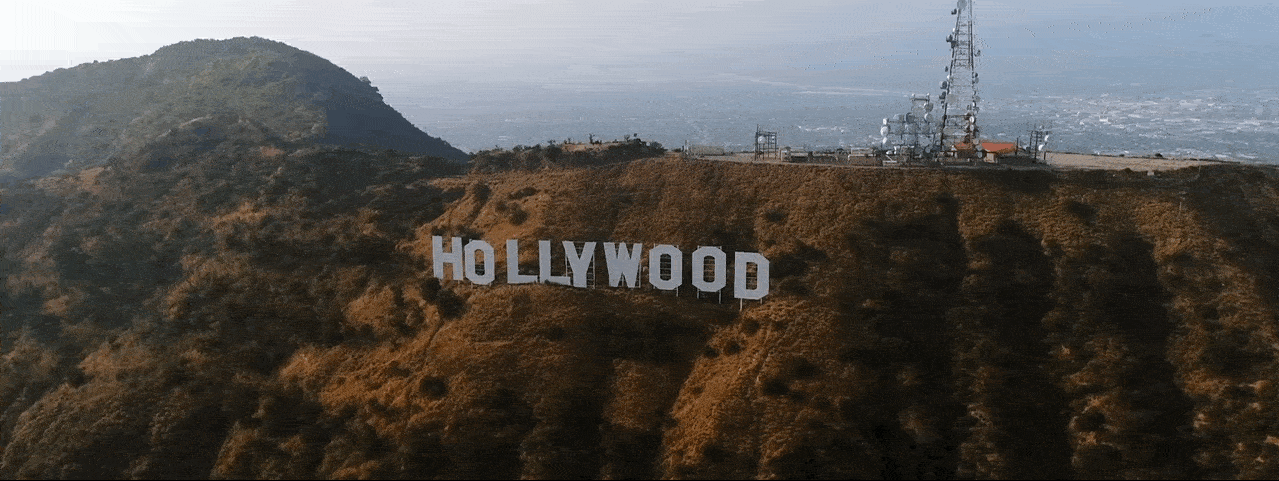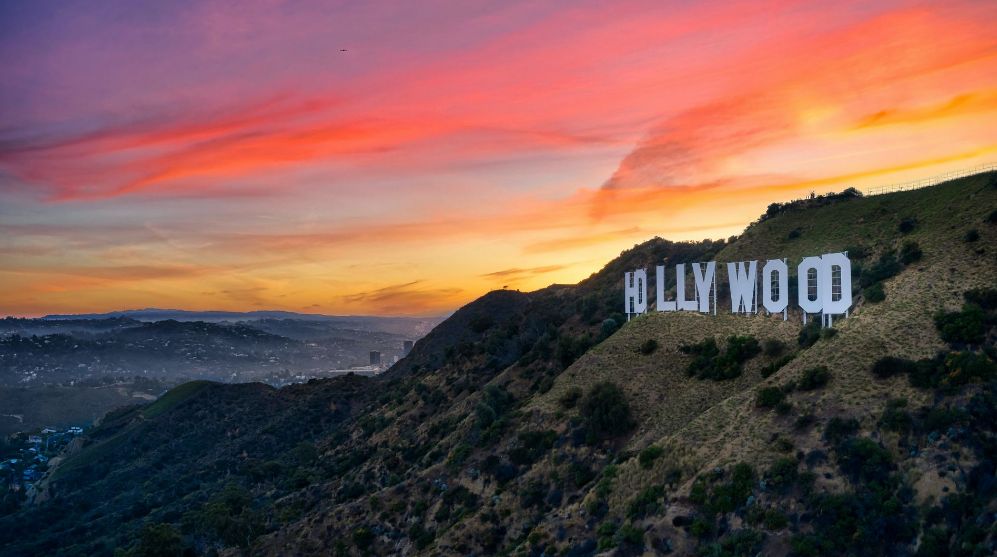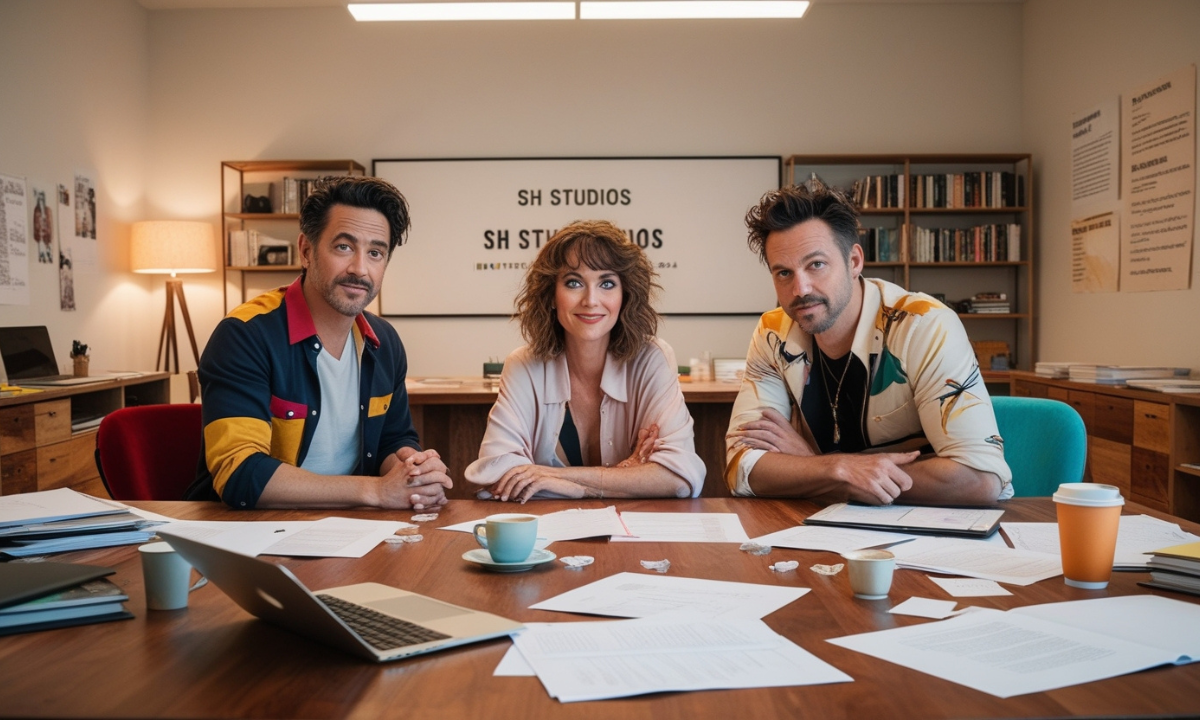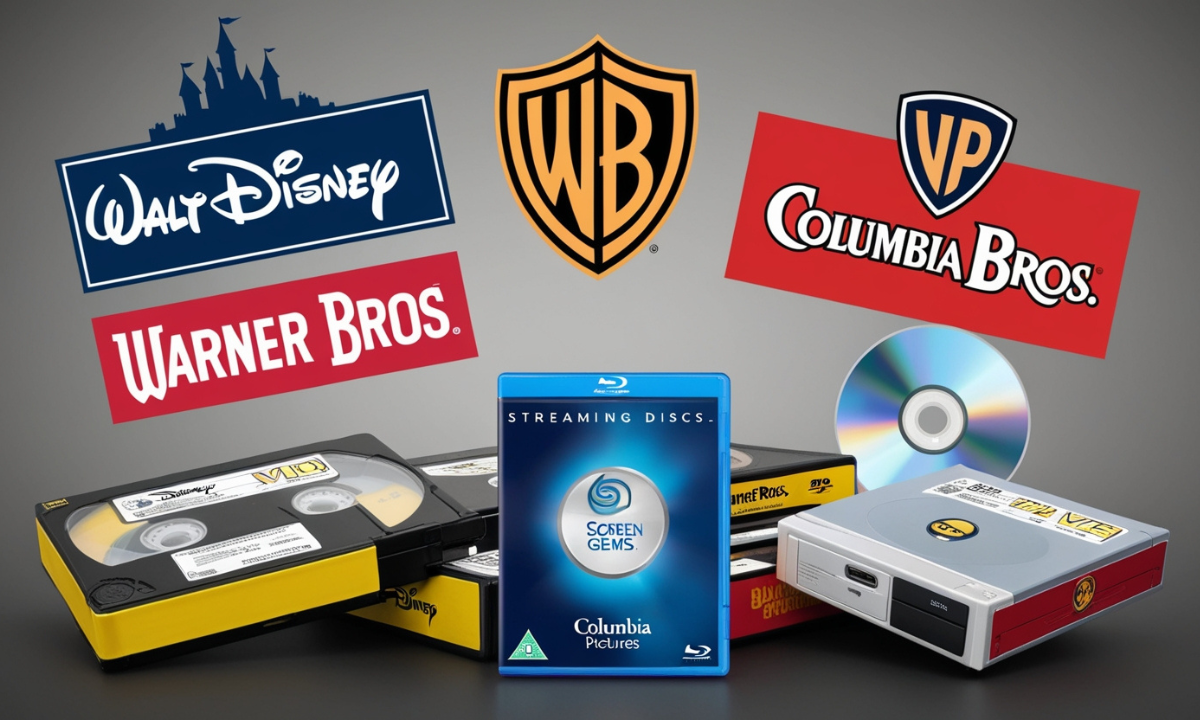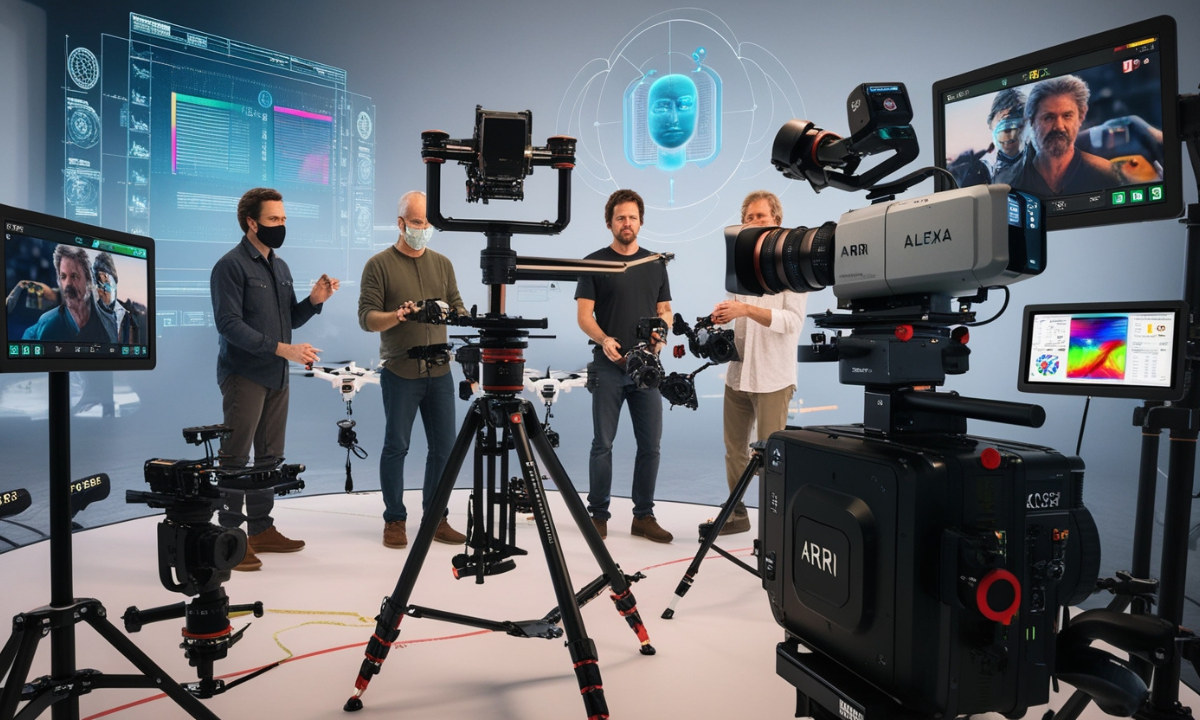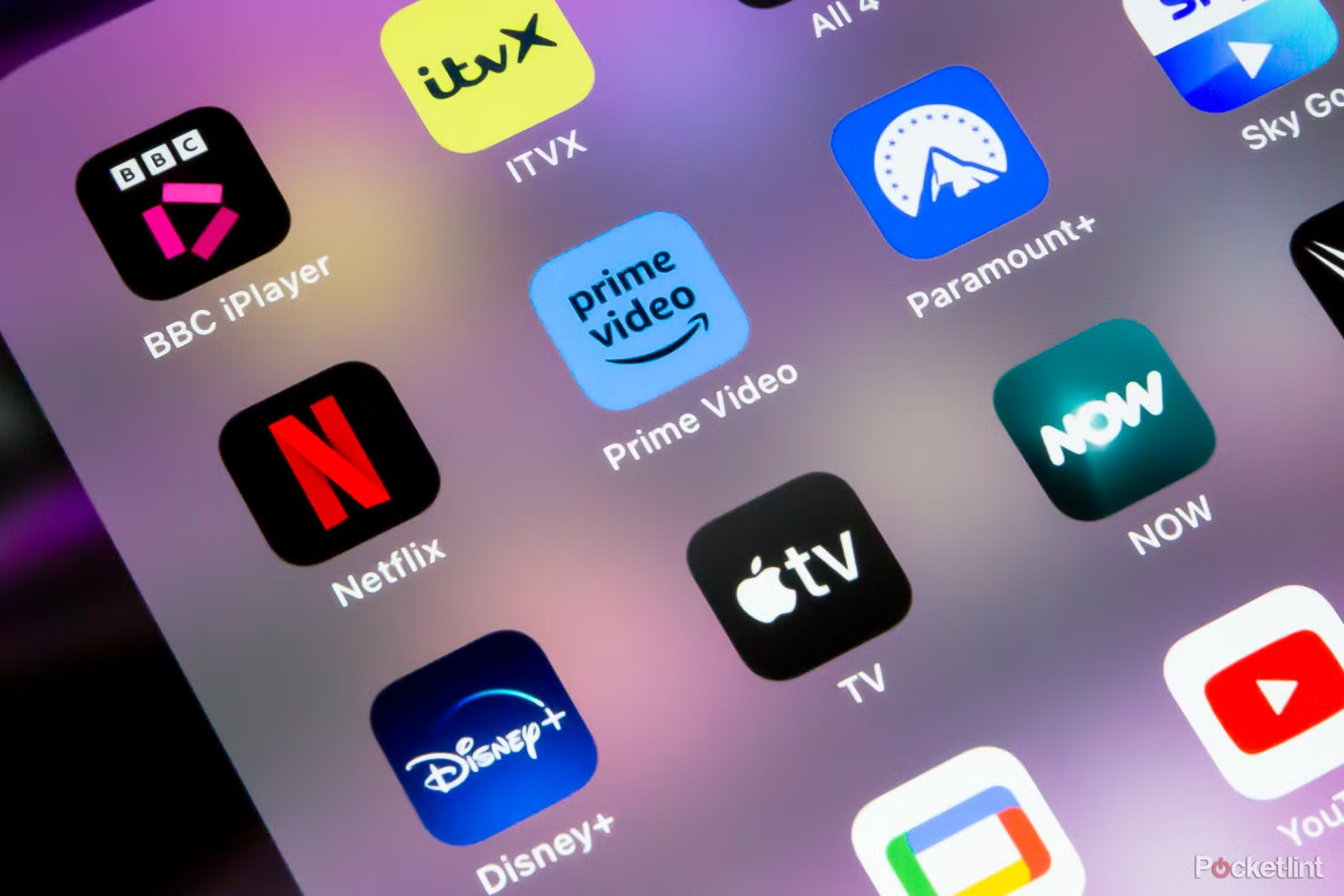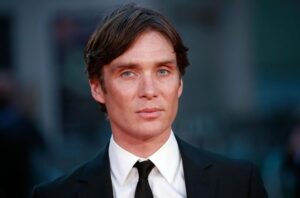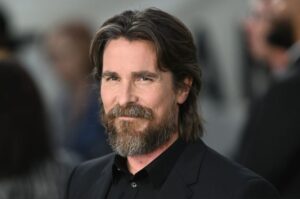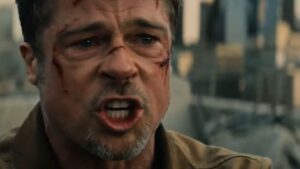British Actor defends Hollywood’s Box Office Woes
In an in-depth interview, British actor Andrew Osei-Karmen, presenter of the documentary “The Fall of Hollywood,” provides his expert take on the industry’s future, addressing streaming, AI, and the resilience of cinema.
In a world where headlines often proclaim the demise of traditional cinema, one voice from within the industry offers a more optimistic perspective. British actor Andrew Osei-Karmen, who recently presented the thought-provoking documentary “The Fall of Hollywood,” argues that the entertainment capital isn’t dying—it’s undergoing a massive, necessary transformation.
“Filmmaking is going through a major transition, of course there will be dips while changes happen,” Karmen stated in an exclusive discussion with us. “Hollywood is the entertainment capital of the world, it’s a mighty machine.”
Drawing from his extensive experience on both independent and international film sets, Karmen breaks down the key challenges and innovations shaping the future of Hollywood.
Who is Andrew Osei-Karmen? An Expert Voice on Film
To understand Karmen’s perspective, it’s crucial to recognize his deep roots in the industry (E-E-A-T: Experience & Expertise). His career provides him with a unique vantage point on Hollywood’s evolution.
-
Early Career: Began as a child actor at the prestigious ITV Studios Central Workshop in the UK.
-
Theatre Foundation: Landed a major role in the West End production of “To Kill a Mockingbird.”
-
Diverse Film Roles: Has demonstrated significant range in films like “Exodus Part 1,” where he played a mob-affiliated character, and the socially-conscious drama “City Heights,” tackling the topic of sexual harassment.
-
International Experience: Recently completed the feature film “Dream,” a French-American co-production with a global cast and crew.
This diverse background informs his nuanced view of the global film landscape.
The Streaming Revolution: Threat or Catalyst?
One of the biggest concerns for traditional cinema is the rise of streaming giants. Karmen acknowledges their disruptive power but also sees an opportunity.
“Platforms like Netflix and HBO Max have considerably influenced traditional movie theaters,” he admits, noting that audiences often prefer the comfort of home. However, he argues this is forcing Hollywood to innovate.
Studios are now adopting a hybrid approach, shortening the window between theatrical and digital releases to cater to all audiences. This strategy, he believes, is a key adaptation for survival.
Technology and AI: The New Frontier of Filmmaking
Technology is no longer just a tool; it’s reshaping the very foundation of how movies are made. Karmen highlights several key developments:
-
Visual Effects: AI and VR allow directors to create entire worlds from scratch, bringing previously impossible stories to life.
-
Virtual Production: Techniques popularized by shows like “The Mandalorian“ offer greater flexibility, reducing the need for expensive on-location shoots while saving time and resources.
-
A Double-Edged Sword: Karmen cautiously adds that this progress comes at a cost. “This of course comes at a cost to special effects artists and screen writers who have seen a reduction in work,” he notes, acknowledging the human impact of automation.
The Globalization of Hollywood
According to Karmen, the idea of Hollywood as a purely Los Angeles-based entity is outdated.
“Hollywood is no longer confined to Los Angeles or even the United States,” he explains. “The industry is increasingly global.”
He points to his recent film “Dream,” produced by France’s Paris Film Pictures and California’s Delver, as a prime example. The project featured a cross-Atlantic cast and crew from England, France, Italy, Germany, and the US. This fusion of international talent and cross-cultural storytelling is, in his view, essential for Hollywood to remain relevant and creatively vibrant.
Frequently Asked Questions (FAQ)
1. What is Andrew Osei-Karmen’s main point about Hollywood?
His main argument is that Hollywood is not dead but is in a period of dynamic transformation. It is adapting to challenges like streaming, AI, and globalization to continue captivating audiences.
2. What is “The Fall of Hollywood” documentary?
It is a documentary presented by Andrew Osei-Karmen that explores the rapid changes and perceived decline of cinema from its golden age in the 1950s to the present day.
3. Does Karmen believe movie theaters will survive?
Yes. He believes the unique, immersive experience of theaters—enhanced by innovations like IMAX and 4D—cannot be replicated at home. He states, “This is real cinema as we know and love it!”
4. What is Andrew Osei-Karmen’s view on independent cinema?
He is a strong advocate for independent films, viewing them as vital for artistic growth and for giving a voice to diverse characters and narratives that might be overlooked by major studios.
The Resilience of Hollywood
With Hollywood’s endurance and flexibility, it is a bullet of steel that can bend corners. From silent movies at the turn of the 20th century to the arrival of television in late 1947, industry after industry have metamorphosed into a new one for some still unexplained reason. The crisis brought about by the COVID -19 pandemic is just another chapter in Hollywood’s long history of adaptation. Production guidelines have been modified or in some cases even entirely rewritten to ensure safety, and new terms like remote collaboration and virtual events are becoming increasingly gardened off by editors. Karmen explained his gratitude to be a part of such an evolution in the history of the industry. In spite of these vicissitudes, Hollywood’s essence is unaltered. It remains appealing because it can tell stories that stir hearts with audiences. We can see how the industry is able to return or redevelop itself in its original line of business. Hollywood’s dynamic spirit ensures that even when burdened with challenge after challenge it can still learn and triumph.
Conclusion: The Future of Hollywood
In the coming years, Hollywood has a bright future ahead. Lessons learned during the pandemic and the age of A.I and streaming video will most likely shape strategies for the industry in the long term. The industry’s path will be defined by hybrid distribution models, more extensive application of technology, and a continued emphasis on diversity and international collaboration. Despite all this change in Hollywood, it will remain a focal point of invention and novelty. Audiences will be the beneficiaries of a wider range of content and new techniques for telling stories. Hollywood, Committed to change, while continually being a supplier of entertainments for the masses, should be recognized as a national standpoint in culture for a long time yet.

